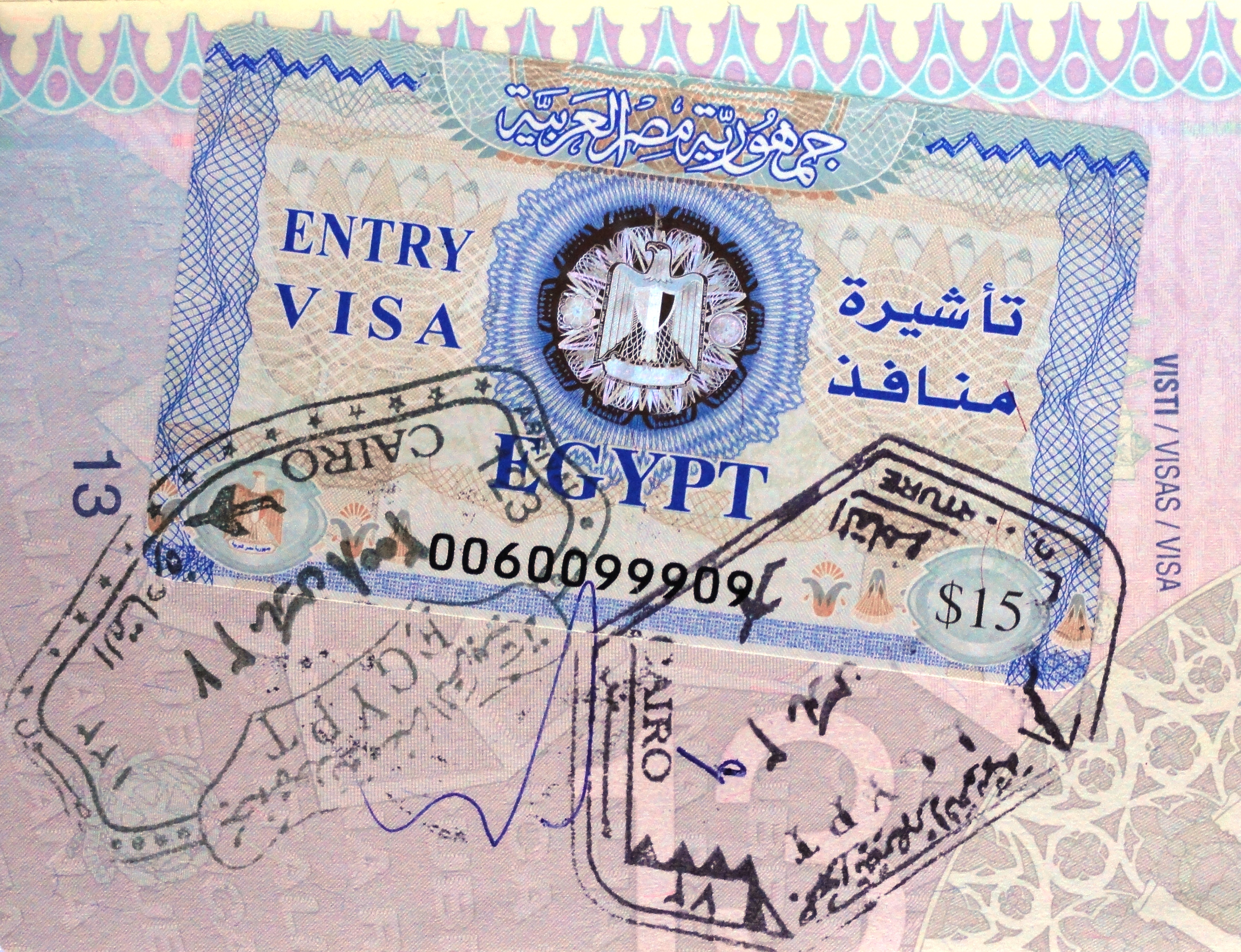To start, if you are planning on traveling you need a passport. This little book is required by most countries around the world in order to visit and it also serves as a re-entry document. There are a few exceptions to the passport necessity. The Western Hemisphere Travel Initiative, or WHTI, have set standards for travel between the United States and or neighboring countries (aka Canada, Mexico, and the Caribbean). In the past these countries simply asked for a U.S. birth certificate and photo ID! Now travel to the WHTI countries requires a passport or WHTI approved travel document, such as a state driver's license, or special groups ID, like the military. If you frequently travel between these areas a good substitute to a passport is a passport card. The only downside is your travel must be by land or sea.
| courtesy of wikipedia |
 |
| courtesy of pixabay |
Most countries are not as complicated as Russia when it comes to getting a visa, but in general a visa is a good thing to have. For clarification, if you have a passport you are permitted to reenter your own country, but without a visa you aren't automatically allowed into other countries.
There are other complications that come with visas as well, especially when they are for employment. In the US there are times when you here visa workers being compared to slaves. Granted if the individual is an illegal immigrant there is little they may be able to do to legally fight their employer, but if they are under a visa they can. According to a pamphlet supplied by travel.state.gov, if an individual is a visa worker in the United States they have a right to fair treatment and pay, and may seek justice in US courts if necessary. Another fact they highlight is that individuals are allowed to retain their passport. My recommendation is that before you go abroad, look into visa requirements for your destination. If you plan on being employed and you must forfeit any of your natural human rights you should avoid the place, or at least being employed there.
| courtesy of The Blue Diamond Gallery |
Now most people have heard the topic of visas come paired with green cards. Green Cards are uniquely American, and stands for a United States Permanent Resident Card. Many permanent residence cards are available for other countries, but they are not "Green Cards." These residence cards allow one to reside and work in that specific country. For example, in order to gain a permanent residence card in the United Kingdom one must be a resident for five years. In Canada you may apply or a PR if you have permanent residence, have not been asked to leave, and are not a citizen of Canada. It is actually kind of funny because in defining these requirements the Canadian government actually has to specifically tell the Canadian resident they are not eligible.
So passports and visas! Look into the documentation you need where ever you're planning on going so you don't wind up stuck in some foreign country or more likely, getting detained or restricted from traveling while you're on the move!
| courtesy of BaronTremayneCaple |
.jpg)

I have yet to need a Visa, but I believe my brother received one for travel to India. What additional information do they supply that a passport does not?
ReplyDeleteI have heard so much about Visas and Green Cards as the topic of illegal immigration has taken over the news, but I never actually considered what the difference was. This post provided a clear explanation of the two, and I think it was an important note that the requirements for these documents vary greatly across different countries.
ReplyDeleteI didn't know that visas were such an important part of traveling. My previous knowledge was that only a passport was needed. However, with this knowledge in mind it becomes clear that the travel process can be sometimes too difficult. Traveling to another country can be enough of a hassle already without having to obtain the correct visas and passports. Perhaps it needs to be made simpler.
ReplyDeleteBefore becoming an american citizen and receiving residency status my family and I would have to travel into and out of the US using a green card/Visa. I believe it is very important that you educate the public of these matters to help bring a more educated understanding of their use. Great job!
ReplyDeleteVisas! Yeah my sister had quite the experience with that this past fall. In November she left for Rome to work for 2 years in missions, but things were very nerve-racking and intense for her with paperwork and her visa. The people responsible for mailing her visa were slacking at an extreme level! After emails upon emails and countless phone calls, the Italian consulate got its act together in the last minute. Her flight for Rome was scheduled for a Saturday, and I remember she received her visa literally on Friday! But it all worked out in the end haha.
ReplyDeleteThis blog has been very helpful and has made me consider things I hadn't previously before my trips abroad this summer.
ReplyDelete